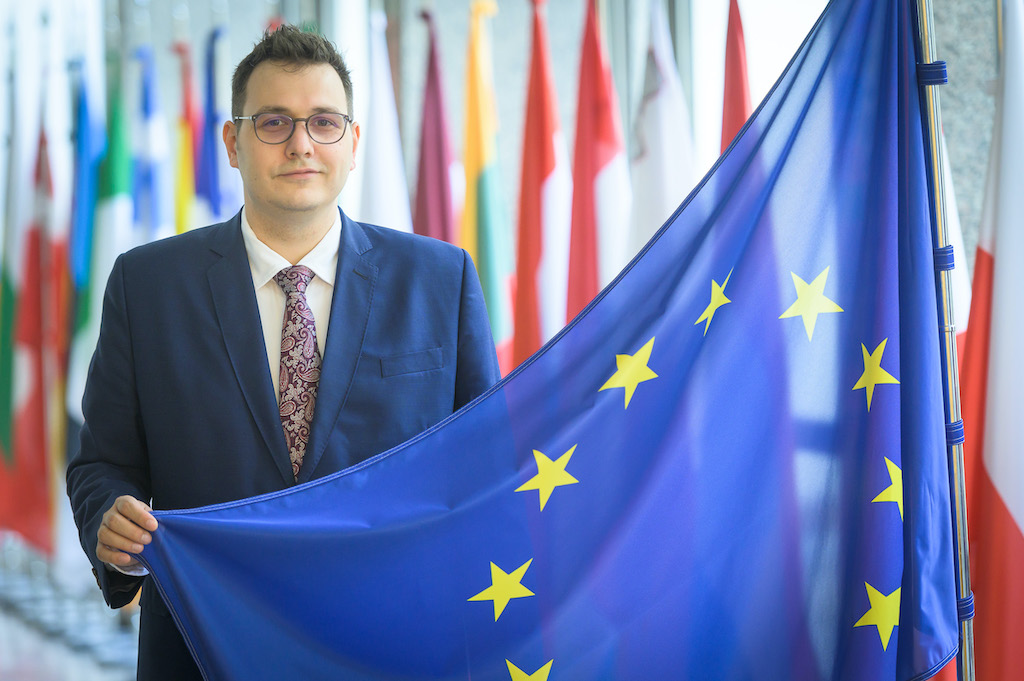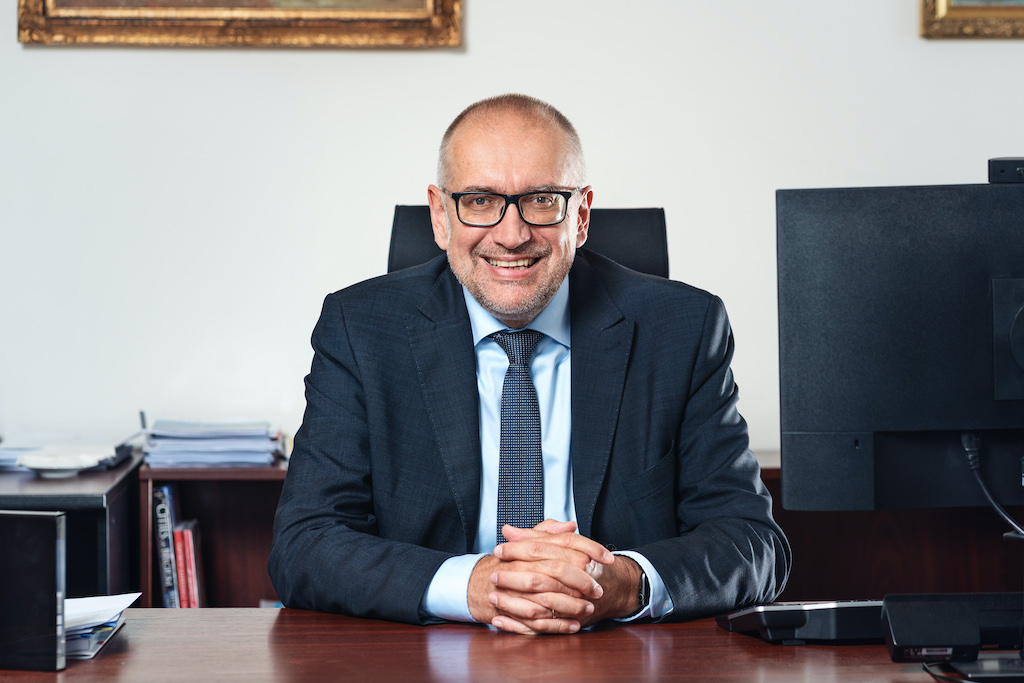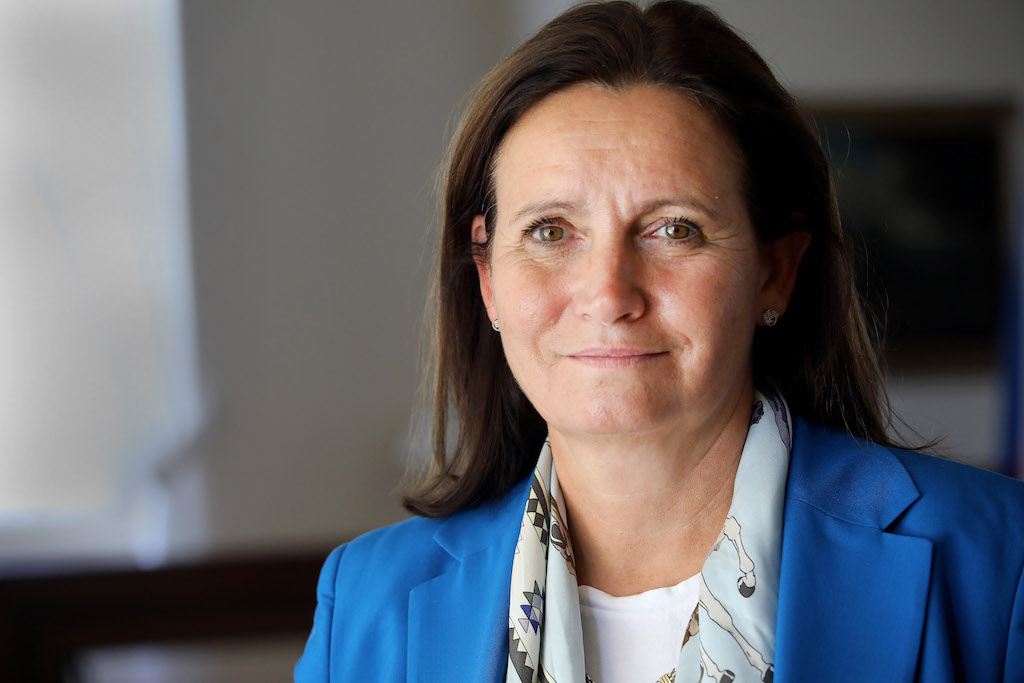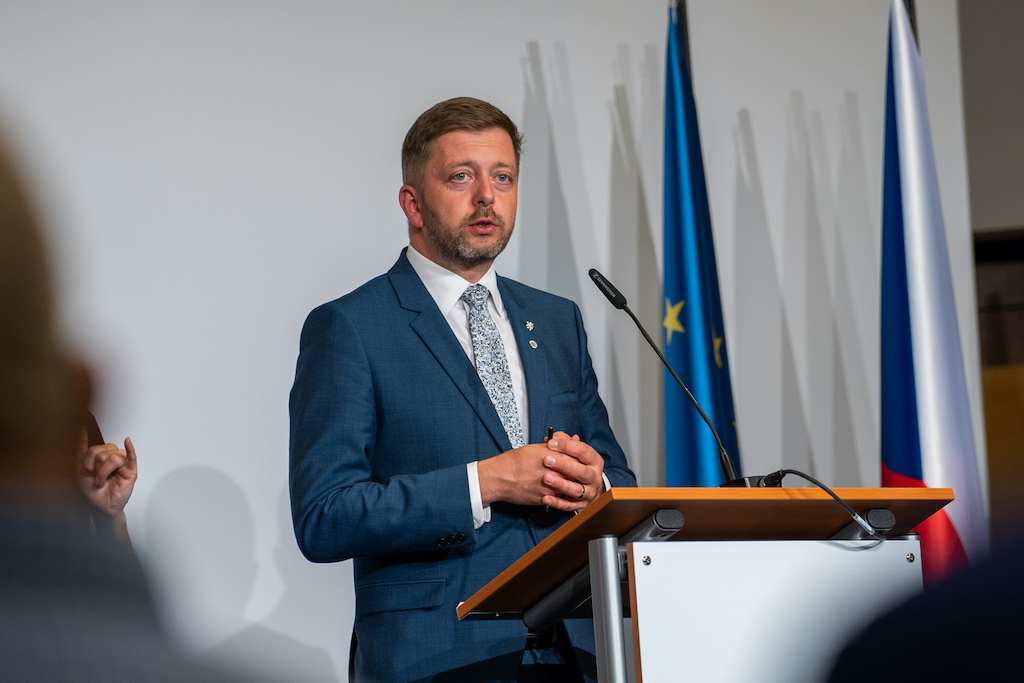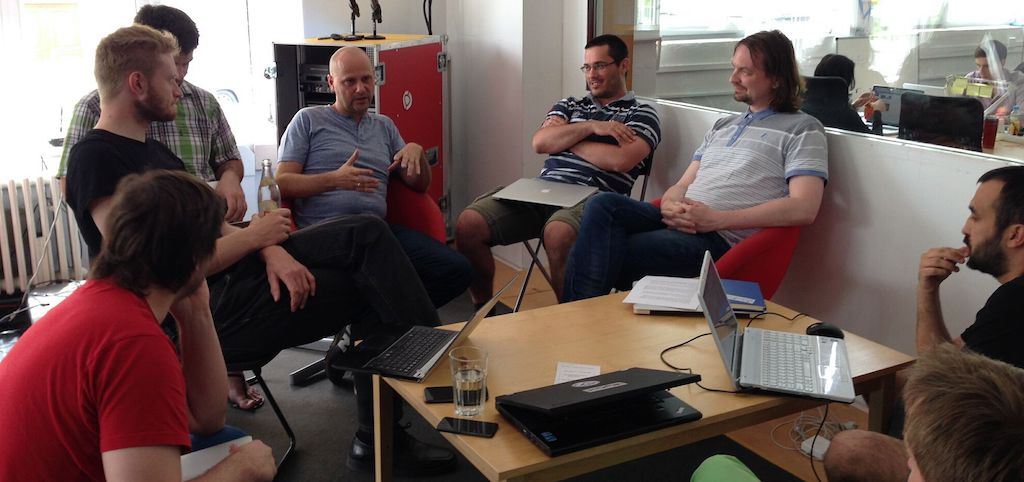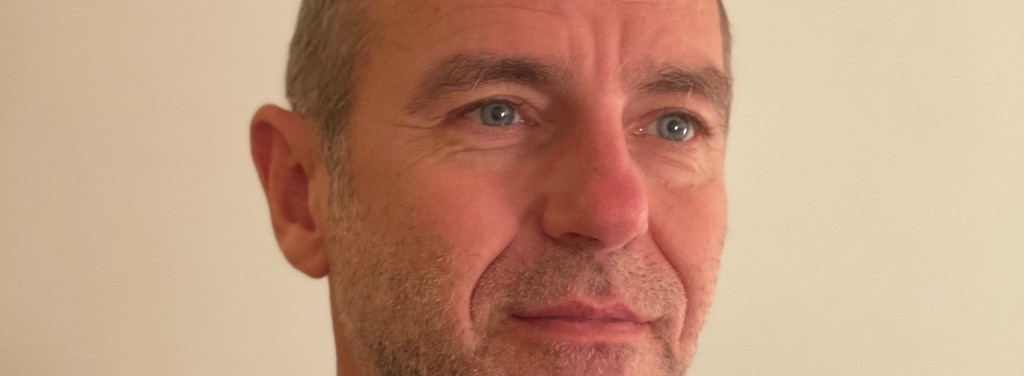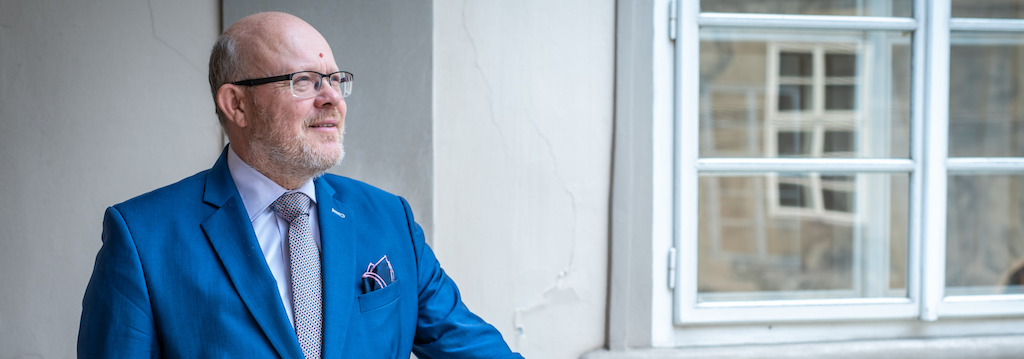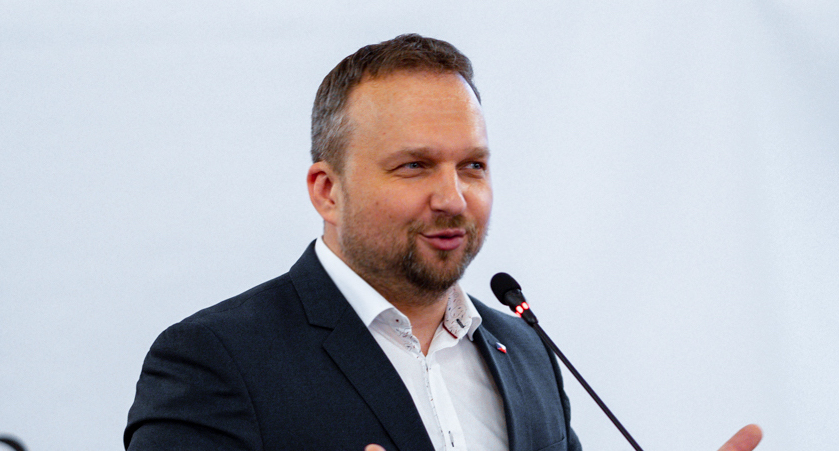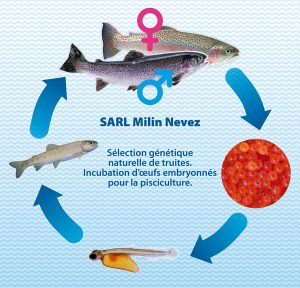 JGDE. You are the Director of Fish Farms of Bretagne, can you present us your company, (its history, its composition, its markets)?
JGDE. You are the Director of Fish Farms of Bretagne, can you present us your company, (its history, its composition, its markets)?
Dominique Charles. Bretagne Trout was created in 1996, it is the industrial tool that transforms and markets the trout production of the Cooperative Breton fish farmers recognised OP in 2001 (29) Plouigneau. It includes 29 fish farms in Bretagne and 2 in Normandy.
Bretagne with its quality white water rivers is the favorite territory of salmonids. It was in the ‘80’s that fish farming was mainly developed in Finistère.
Bretagne Trout transforms 4,800 tons of trout, 60% of which is very large trout (3 kg), mainly intended for the smoking market, 30% of trout under 1.5 kg for the fresh market of GMS and 10% of organic and all for a turnover of 22M € and 32 employees.
Bretagne trout sells 90% of its products in France and 10% for export. It sells 50% of its trout on Bretagne for smoking mainly.
JGDE. Trout is a real alternative to salmon, and demand continues to rise in France and abroad. What strategies do you put in place to reconcile increased production and maintains quality?
DC. Bretagne Trout has always played the quality card. To do this, the Cooperative has a structure of production of embryonated eggs «Sarl Milin Neves», which produces embryos for members of the Cooperative. For several years in partnership with the SYSAAF (35) Rennes (Union of Poultry Breeders and Aquaculture French) and INRA (29) Sisun, she works on various national research programs «VEGEAQUA», «RE-SIST», «SG -Trout «and Europeans as «FISHBOOST».
After having been able to improve fish feed efficiency, this involvement in Research and Development, allows us today to select our trout mainly on disease resistance.
In order to meet the growing demand for consumption, we must evolve in order to reconcile increased production and respect for the environment. To do this, the Cooperative has just recruited a technical director to assist producers on new models of «recirculated water» farms that will complete the production offer.

JGDE. Organic production represents the markets of tomorrow for many food production sectors. What about fish farming?
DC. Bretagne Trout and the Cooperative started production of organic trout in 2010 with a site. In 2017 two young fish farmers settled in Bio, bringing to six the number of organic sites with a 2019 forecast of 600 Tonnes. Bretagne Trout, as part of its sustainable aquaculture approach, fits perfectly into this «BIO» approach sought by the consumer. Our main markets are Smoked Trout, packaged fresh for supermarkets and catering markets, which allows us to respond to this seasonal production.
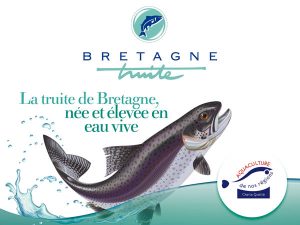 PISCICULTURES DE BRETAGNE
PISCICULTURES DE BRETAGNE
Zone Industrielle de Kerbriant
29610 PLOUIGNEAU
www.bretagne-truite.fr






